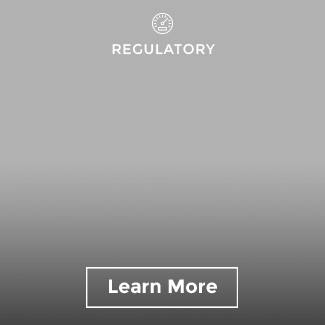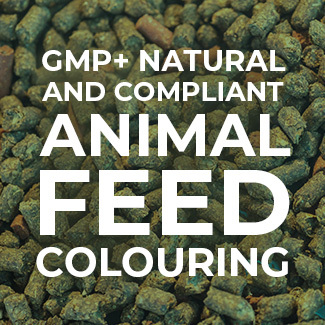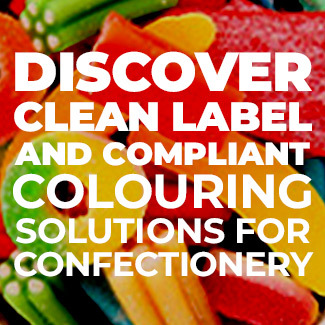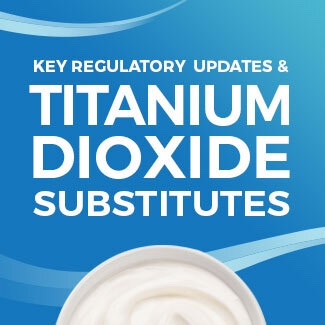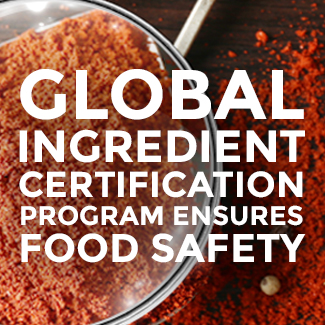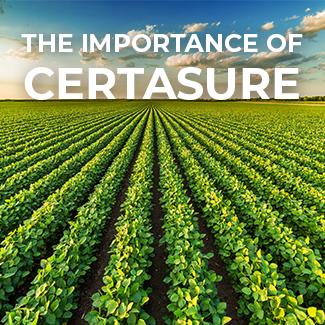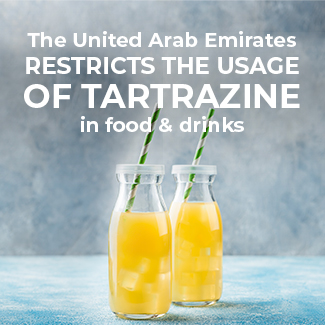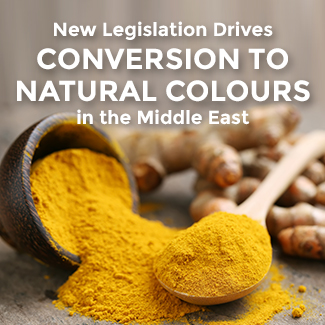British Exit from the European Union (Brexit) in light of the Food Industry
The term “Brexit” has featured largely in political, social, and economic discussions since June 2016, when the UK referendum showed a 52% vote in favour of the country’s withdrawal from the European Union. The Centre for European Reform (CER)*, an award-winning London-based think-tank, recently estimated the cost of the Brexit vote to date as -2.5% of domestic GDP – or £500 million a week. Consequently, the effects of the exit negotiations upon the national and international food industry are under scrutiny.
Shake-up of the British Food Supply?
Supply chains have become increasingly global: whilst 50% of foods consumed in the UK are home-produced, it remains a strong importer, with 30% of its consumption coming from the European Union alone.
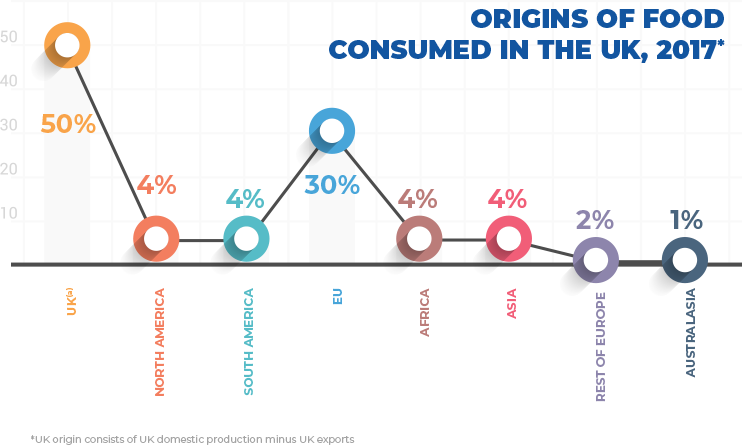
Consequently, the various Brexit scenarios could impact heavily upon the international food supply to the UK. Multiple parties have a strong interest in striving for a beneficial outcome that keeps costs (and problems) at a low for all sides. And despite negotiations now having come to a conclusion, many questions remain and will continue to cause uncertainty, whilst the official Brexit date, by end of March 2019, is approaching rapidly.
In order to allow for a smooth transition period, we at Sensient Food Colors are in direct contact with our customers to avoid potential disruptions or delays in product deliveries. We consider the following risks:
Delays caused by unclear custom clearance procedures
Duties implemented by the UK administration for products with EU customs origin (preferential origin).
Duties implemented by the UK administration for non-preferential origin.
In addition, internal measures are in place to secure consistent supply. Even after the negotiations have finalized, the planning and its execution continue. Sensient Food Colors is prepared for all possible outcomes: sourcing raw material as well as serving customers globally, Sensient can accommodate to a “soft Brexit” scenario as easily as to free-trade agreements or reliance upon WTO rules. Already today, Sensient operates in every possible trade scenario across the globe.
Implications for Regulatory – both British & EU?
Another crucial topic the food industry observes is the regulatory environment, and how it will evolve post Brexit execution. EU member states follow EU regulations on topics such as food safety, -quality, -law enforcement and ingredient labelling. How closely the UK will choose to mirror those, rather than reverting to national legislation, leaves room for speculation. Yet any likely outcome will have a strong impact upon all UK and international manufacturers.
The historic regulatory debate on the definition of chocolate well demonstrates the complexity of the topic. In 1973 an EU directive was introduced to define what can be labelled “chocolate,” yet it took 27 years for chocolate produced by British manufacturers to be included in this definition. British chocolate can contain up to 5% vegetable oils or up to 20% milk content that is claimed to create a unique milky appeal. Other EU member states like Belgium, Italy, France, Spain, Luxembourg, Germany, Greece, and the Netherlands did not allow any vegetable fat in domestic or imported chocolate until the year 2000. In those states, chocolate was produced with 100% cocoa butter only, other produce being described as chocolate substitute or compound coating. One failed attempt to include chocolate produced by British manufacturers in 1984 only stresses the complexity of debate further. A full re-evaluation of the regulatory framework for the UK would entail significant legal expertise, human resources, stakeholder and expert opinions and debate, alongside financial resources and years of time.
Regardless of whether our customers consider production in the UK, or import or export of produce, Sensient will continue to offer informed assistance with labelling & other complex colour questions.
If you would like to request a consultation for regulatory assistance, if you are interested to know how Sensient keeps the supply chain safe, or if you have other questions and concerns you would like to discuss, please do not hesitate to contact us here.





